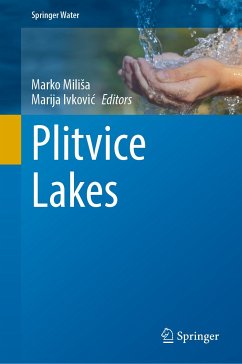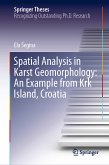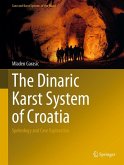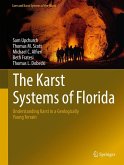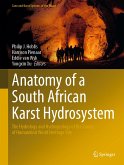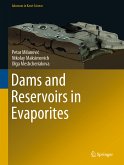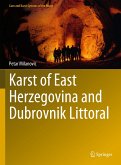After providing a historical overview, this book highlights the current state of knowledge, gaps in our knowledge, recent findings and future prospects with regard to the biological, chemical, geological, and geographical specificities of the Plitvice lakes in Croatia. The Plitvice lakes are a unique environment and home to tufa - a type of calcium carbonate deposit that provides a substrate for living organisms. Its formation process has resulted in a vastly diverse environment of lakes, streams and riparian habitats. The Plitvice lakes have, therefore, historically been both an inspiration and a challenge for scientists, nature enthusiasts, artists, etc. Today, the lakes continue to offer an in-situ laboratory for new discoveries in all aspects of freshwater science.
As in most habitats, global changes have become an important issue. Since the Plitvice lakes have remained largely untouched by direct human impacts and have a long historical tradition in research, they represent an ideal subject for assessing the effects of global changes in a temperate freshwater system. This book provides an ecological overview of the biogeochemical processes at work in a unique and virtually pristine European freshwater tufa-forming environment.
Dieser Download kann aus rechtlichen Gründen nur mit Rechnungsadresse in A, B, BG, CY, CZ, D, DK, EW, E, FIN, F, GR, HR, H, IRL, I, LT, L, LR, M, NL, PL, P, R, S, SLO, SK ausgeliefert werden.

